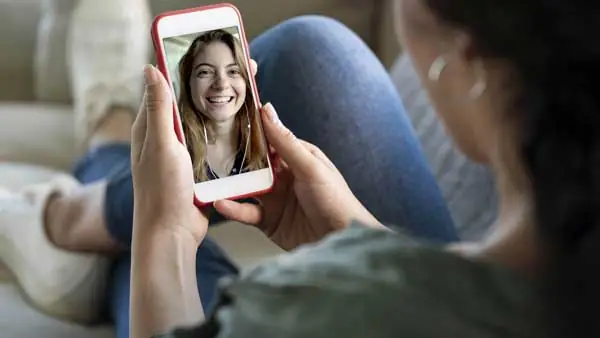
Most of us like certainty. We like to know what to expect in our daily routine. Weekly routines at work, recreational activities for ourselves, with family on the weekend, spending Saturday night with friends, or at a favourite local spot; we like to have some patterns in our weeks. COVID-19, for most of us, has not only changed the certainty of our daily routines, but has also introduced an uncertain health challenge for our country, and much of the world. So how do we cope?
We know high amounts of uncertainty can create anxiety, especially for those who might already find they tend to worry. We know from the research how we react to a challenge can be broken into two parts: (1) How we interpret a challenge, and (2) If we think we have the resources to cope. When we feel really anxious, two things tend to happen:
- Overestimation of how bad it will be (also called catastrophizing),
- Under-prediction of our ability to cope with it.
Understandably, this combination makes us feel pretty anxious.
So let’s talk about how to balance both in this challenging time. The first step is taking it one day at a time; keep up to date with reputable sources, like Ontario.ca or the WHO, but balancing this information gathering with keeping our regular routines, and not spending excessive time following updates. In times of uncertainty we often predict the very worst, but that can lead to an inaccurate forecast. The key here is to take it one day at a time, take the advice of our health authorities, and not get ahead of ourselves.
The next big step is remembering all the amazing tools we have to cope. In times of stress, sometimes we forget this. Ensure we make space to talk to supportive people in our life, be they partners, friends, family, or colleagues. Social support is one key factor in helping us cope. Some of us might not have support in our life right now. It’s really important to hear you are never alone. Below are some links where you can find community support if you need.
Also, let’s not forget all the people working diligently in healthcare and government to support us right now. They are doing their utmost during this difficult time to make sure we have the tools and support we need to overcome this challenge. Lastly, let’s not forget the control we do have. We can work together. We can practice physical (aka social) distancing. We can get support from others. We can keep routines in our day. We can still make time for what we enjoy. We are never powerless, and none of us are alone in this. Viktor E. Frankl once said, “Between stimulus and response there is a space. In that space is our power to choose our response. In our response lies our growth and our freedom.”
Support Lines:
Find your way
Our clinicians provide safe, compassionate support to help people manage mental health challenges using evidence based approaches including CBT, DBT, and ACT.
